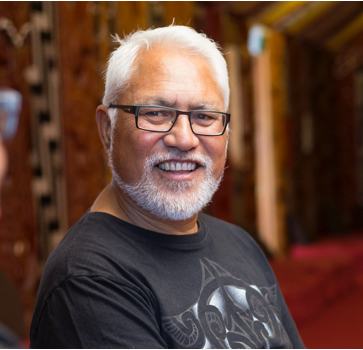Succession: Transfer of ownership when an owner dies
The successors: People entitled to ownership when an owner dies
Who can be a successor to Māori land under a will?
If the deceased owner made a will, any successor named in the will must fall within the “preferred classes of alienees” – that is, they must be a member of the whānau or hapū associated with the land. For information about wills generally, see: “Wills”.
A surviving partner can be gifted the right to:
- live in the family home if it is on the land
- receive income from the land
These rights can be for a period specified in the will, or for life. The surviving partner can’t sell or pass on these interests, and can’t alienate the land, so can’t enter into or amend a lease.
Who can be a successor if there’s no will?
Te Ture Whenua Māori Act 1993, ss 109, 109AA
If the deceased owner of the land didn’t leave a will (this is called “intestacy”), the successors are determined by the following rules:
- A deceased’s surviving spouse or civil union or de facto partner receives a life interest, but they are not a successor. Their interest will pass to the deceased’s children once the spouse or partner dies or remarries or enters into a civil union or de facto relationship.
- The deceased’s children will be the successors.
- If the deceased had no children, the deceased’s siblings (brothers and sisters) will be the successors.
- If the deceased owner had no children or siblings, it will be necessary to find out where the deceased’s interests came from and from that whakapapa work out who the interests should now go to.
Can whāngai be included in succession?
Te Ture Whenua Māori Act 1993, ss 114A–116; Māori Land Court Rules 2011, Schedule, Form 21
Yes. The Māori Land Court can consider whāngai when determining the deceased’s successors (a whāngai is a person adopted in accordance with tikanga Māori). The court will follow iwi and hapū tikanga in deciding whether a whāngai can be included in succession.
If the court decides that tikanga does not allow a whāngai to be included in succession, but that this leads to an injustice, it can still order that they be allowed to live in the family home (if it is on the land in question), and/or receive income from the land, either for their lifetime, or for a specific period of time.

